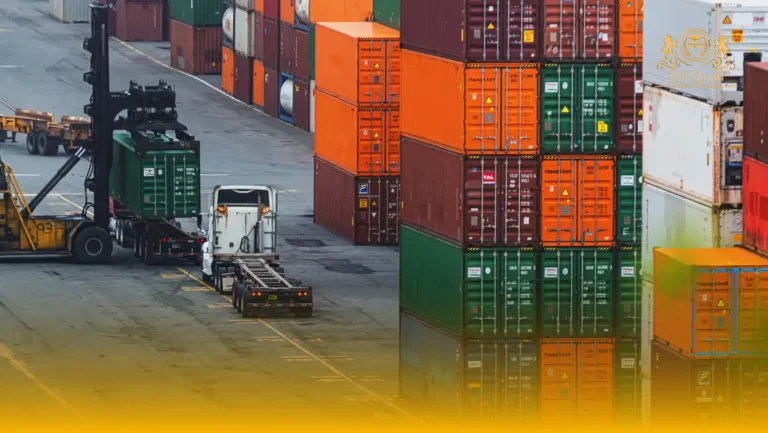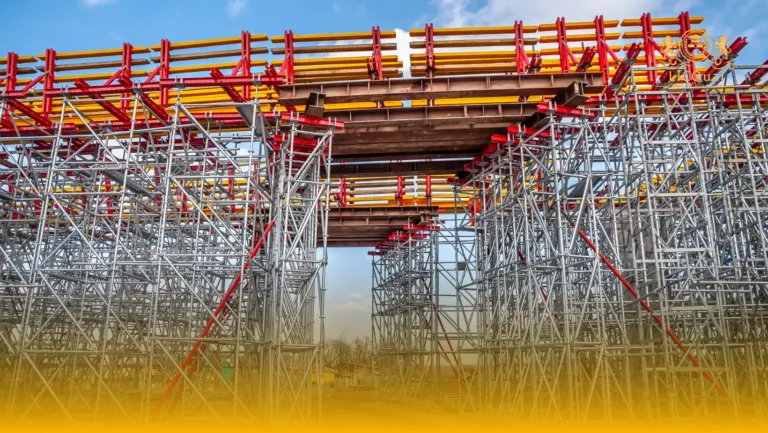The LICQual Level 3 Certificate in Management of Lifting Operations is a comprehensive and advanced qualification designed for professionals who oversee, manage, and coordinate lifting operations in high-risk environments. This course is perfect for those in supervisory or managerial roles within industries such as construction, offshore oil and gas, shipping, and logistics. It equips learners with the skills and knowledge to manage complex lifting operations, ensure compliance with health and safety regulations, and reduce operational risks associated with lifting tasks.
Lifting operations are a critical aspect of many industries, requiring careful planning, risk assessments, and the coordination of multiple team members to ensure safety. The LICQual Level 3 Certificate provides an in-depth understanding of the entire lifting process, from planning and risk assessment to execution and post-operation review. With a focus on leadership, compliance, and operational efficiency, this qualification is designed to ensure that those in charge of lifting operations are equipped to handle any challenges that may arise.
The course content covers a range of essential topics including lift planning, load calculations, equipment selection, lifting gear inspection, and the preparation of risk assessments. Learners will gain a detailed understanding of the lifting process and how to manage it effectively, ensuring the correct lifting methods and equipment are chosen for each task. The course also focuses on the legal and regulatory responsibilities that lifting operation managers must adhere to, including guidelines on lifting equipment inspections, safety audits, and reporting.
A key component of the LICQual Level 3 Certificate is the development of leadership and communication skills necessary for managing teams involved in lifting operations. Learners will gain insights into how to coordinate lifting teams, manage stakeholders, and ensure that clear, effective communication is maintained throughout the operation. The course teaches how to manage people and resources efficiently while maintaining high safety standards, which is crucial for reducing the likelihood of accidents and operational delays.
In addition to the practical elements of lifting operations, this qualification places a strong emphasis on developing an understanding of how to continuously improve lifting practices. Participants will explore how to evaluate lifting performance, identify areas for improvement, and implement changes to increase operational efficiency and safety. This proactive approach to management ensures that lifting operations are not only safe but also optimized for productivity and cost-efficiency.
Upon successful completion, learners will be awarded the LICQual Level 3 Certificate in Management of Lifting Operations, a globally recognized qualification that demonstrates their ability to oversee complex lifting tasks safely and efficiently. This certification is an essential qualification for those aiming to progress into higher managerial or safety roles in industries where lifting operations play a central role. It opens up opportunities for career advancement while contributing to enhanced safety and compliance within any organization.
Course Overview
Qualification Title
LICQual Level 3 Certificate in Management of Lifting Operations
Total Units
6
Total Credits
24
GLH
120
Qualification #
LICQ2200071
Qualification Specification
To enroll in the LICQual Level 3 Certificate in Management of Lifting Operations ,applicants must meet the following criteria:
|
Qualification# |
Unit Title |
Credits |
GLH |
|---|---|---|---|
|
LICQ2200071-1 |
Introduction to Lifting Operations Management |
4 |
20 |
|
LICQ2200071-2 |
Legal and Regulatory Compliance |
4 |
20 |
|
LICQ2200071-3 |
Risk Assessment and Control Measures |
4 |
20 |
|
LICQ2200071-4 |
Planning and Execution of Lifting Operations |
4 |
20 |
|
LICQ2200071-5 |
Communication and Team Management during Lifting Operations |
4 |
20 |
|
LICQ2200071-6 |
Health and Safety in Lifting Operations |
4 |
20 |
By the end of this course, learners will be able to:
Introduction to Lifting Operations Management
Upon completion of this unit, learners will be able to:
- Understand the fundamental principles and responsibilities of managing lifting operations in various industries.
- Identify the key components involved in the safe and efficient management of lifting tasks.
- Demonstrate knowledge of different types of lifting equipment and their appropriate applications.
- Recognize the importance of proper planning, risk management, and coordination in lifting operations.
Legal and Regulatory Compliance
Upon completion of this unit, learners will be able to:
- Understand the legal and regulatory frameworks that govern lifting operations.
- Explain the key laws, standards, and industry regulations related to lifting equipment and operations.
- Ensure lifting operations are compliant with national and international safety regulations.
- Identify the roles and responsibilities of employers, employees, and supervisors in maintaining compliance.
Risk Assessment and Control Measures
Upon completion of this unit, learners will be able to:
- Conduct thorough risk assessments to identify hazards associated with lifting operations.
- Develop and implement control measures to minimize risks and ensure safety during lifting activities.
- Evaluate potential risks related to equipment, personnel, and environment, and apply effective solutions.
- Understand the importance of continuous monitoring and reassessment of risks during operations.
Planning and Execution of Lifting Operations
Upon completion of this unit, learners will be able to:
- Develop comprehensive plans for lifting operations, including selecting appropriate equipment and personnel.
- Demonstrate the ability to assess the site, plan for contingencies, and identify potential obstacles to safe lifting operations.
- Coordinate and oversee the safe execution of lifting operations, ensuring efficient use of resources.
- Ensure that all operational plans comply with safety standards and meet operational objectives.
Communication and Team Management during Lifting Operations
Upon completion of this unit, learners will be able to:
- Understand the importance of clear communication in managing lifting operations.
- Develop skills for effective communication among team members, supervisors, and stakeholders during operations.
- Demonstrate leadership and team management skills to ensure a coordinated and safe lifting operation.
- Resolve conflicts and ensure the team works together to maintain safety and efficiency throughout the lifting process.
Health and Safety in Lifting Operations
Upon completion of this unit, learners will be able to:
- Identify potential health and safety risks associated with lifting operations and implement preventive measures.
- Understand the significance of personal protective equipment (PPE) and safety protocols in lifting operations.
- Promote a culture of health and safety within the team, ensuring that all personnel are trained and adhere to safety standards.
- Monitor ongoing safety throughout lifting operations and take corrective action when necessary to maintain a safe work environment.
This diploma is ideal for:
Assessment and Verification
All units within this qualification are subject to internal assessment by the approved centre and external verification by LICQual. The qualification follows a criterion-referenced assessment approach, ensuring that learners meet all specified learning outcomes.
To achieve a ‘Pass’ in any unit, learners must provide valid, sufficient, and authentic evidence demonstrating their attainment of all learning outcomes and compliance with the prescribed assessment criteria. The Assessor is responsible for evaluating the evidence and determining whether the learner has successfully met the required standards.
Assessors must maintain a clear and comprehensive audit trail, documenting the basis for their assessment decisions to ensure transparency, consistency, and compliance with quality assurance requirements.







